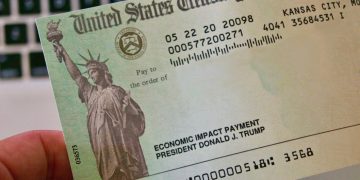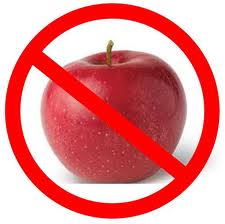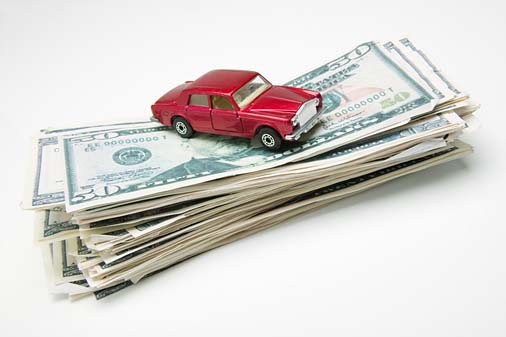The average person will spend over a half a million dollars in procuring transportation for him or herself over a lifetime. That’s a serious amount of money! What many people do not know is that many of these expenses can be saved – up to around $100,000 for the average person. That is correct: the average person can spend about 20% less on car expenses over a lifetime than he or she thinks. If you want to keep an extra $100,000 in your pockets, here are some to save on car expenses:
- A properly tuned car has less problems to start with.
A properly tuned car does not have the chance to turn a small problem into a big problem, which really starts costing the money, and many of which are not covered by warranties or even insurances. Make sure to stay on schedule with your tune up appointments. - Check your oil when you should.
3,000 miles before an oil change is actually just an estimate – many cars are able to go much longer than 3,000 miles without an oil change. Check your owner’s manual to see just how long your car needs. Also, many mechanics have taken to selling synthetic oils for twice as much, but they hardly provide twice the value. Stick to the normal stuff unless you have a heavy duty vehicle which does a lot of pulling or you drive extremely heavily in smoggy, dense traffic. - Your car should have a monthly air filter check.
Aside from just providing you with the best air conditioning and heat inside of your car, the air filter also ties into the gas mileage of your vehicle and engine efficiency. A bad air filter can reduce your gas mileage by up to 10% in some cases. Many unscrupulous auto mechanics will always try to replace your air filter as a tie in to your oil change, overcharging you in the process. Air filters can be cleaned simply by blowing an air hose through it in many cases. Watch your gas mileage after you clean it. - Save on high octane gas.
Premium gas offers very little benefit to most cars. Again, your owner’s manual will tell you if you need to be spending that extra 10 to 15% for the highest octane gas – chances are the answer is no. High octane gas is meant mostly for high performance engines. - Tire pressure must be checked monthly.
Unlike the inner workings of a car, tires are pretty much the same on all vehicles, and should be checked monthly in order to keep them in top working order. Tire pressure has a direct effect on gas mileage, with bad pressure reducing the gas mileage of a vehicle by more than 3% in some cases. Also, have your tires rotated when they are pressurized, as un-rotated or unbalanced tires can wear heavily on the suspension system and the shock absorbers of your vehicle, which not only affects the mileage of your vehicle, but also your personal comfort. - Check all fluid levels.
Fluids are the lifeblood of your car. Your automatic transmission fluid, brake and clutch fluids, as well as your power steering and radiator fluids should be filled to the appropriate lines at every check up. It is much easier to fill a fluid, which most auto mechanics will do for free, than to replace a worn or destroyed part inside the car, which can run into the thousands of dollars quite easily. - Report all changes to your car insurance company.
Most changes in your daily life, like moving, starting a family, getting a garage, changing jobs or zip codes, or putting an alarm, GPS, or manual steering bar on your car can help in getting a cheap car insurance rate. Car insurance is the number one expenditure aside from car payments on cars less than 5 years of age, so take the time to communicate with your car insurance company about all life changes.
It’s amazing how some of these very small changes can add up to big bucks over a lifetime of owning and driving cars, but it’s often the smallest changes that can yield the largest results of time.
This post was brought to you on behalf of Cheap Car Insurance, because you already know that I’m cheap.




















